Anxiety, lack of information, the desire for comfort and social pressure. These are among the issues that featured prominently in dialogues involving more than a thousand Finns, who came together from different parts of Finland for a day to discuss what prevents us from taking action to mitigate climate change.
There is a wealth of solutions for the mitigation of climate change, but something is keeping us from taking decisive action. On 29 January, designated Timeout Day, one hundred constructive discussions on climate change were organised in 26 locations. Throughout the course of one day, the dialogues attracted more than a thousand participants. The Timeout Day showed that people in Finland are able to discuss matters in a constructive manner.
Sitra collected participants’ insights into why we do not take immediate and sufficiently effective action to mitigate climate change. Among the hundreds of insights to emerge in the dialogues, the most important themes were climate anxiety, lack of information, the desire for comfort, social pressure, money and time.
According to Tuuli Hietaniemi, specialist in climate solutions at Sitra, it was clearly visible from the discussions that people are well aware of the severity of the climate crisis. Climate anxiety was mentioned in one out of four discussions. It was described as a crushing, even a frightening feeling. At the same time, sharing one’s feelings with others helped and also provided hope and reduced resistance in many participants. As one response put it: “The anxiety I felt in the beginning turned into a more hopeful perception: we can influence things and we all share the same concern.”
Slightly surprisingly, participants considered a lack of information and fragmented information to be the biggest obstacles. The discussions in the media and between experts were considered too difficult to understand and sometimes even contradictory, and selecting the most essential details from the flood of information was considered to be hard. In the worst cases, uncertainty can lead to no climate action being taken at all.
“The responses revealed a great need for clear, easily accessible and reliable information,” says Hietaniemi.
The desire for comfort was also considered to be an obstacle: why start to change one’s own or an organisation’s practices if everything seems to be easy and convenient just the way it is? A longing for a great social utopia could be seen in the participants’ insights: it is easier to take climate action if the change does not mean having to give up things and still provides a pathway to a better life.
It is not always easy to be a friend to climate action. Understanding the effect of social pressure was one of the most important insights: what should you do if talking about climate actions costs you a friendship or causes tensions at the Christmas table? Reaching a critical mass was seen as a solution. If climate actions become the new norm, making climate-smart decisions would no longer make anyone stand out from the rest.
Climate actions are also often prevented by one very simple reason: money. If Finnish fish is more expensive than minced meat, it is bought less often. People may want to recycle plastic, but if the nearest recycling point is dozens of kilometres away, the whole point of recycling is missed.
A large variety of organisations from different levels of society were involved in organising the TimeOut discussions on 29 January: Aktivistimummot, Crisis Management Initiative (CMI), Espoo City Library, Helsinki Region Environmental Services Authority (HSY), City of Imatra, Kuhmoisten vapaa-ajan asukkaat, Regional Council of Lapland, Laurea University of Applied Sciences, Mothers in Business, Finnish National Agency for Education, Solita, Suomen kylät ry and Varusteleka.
A similar diversity of viewpoints would also be desirable for other societally important issues. It was encouraging to see that 40 per cent of the discussions involved participants who had not engaged in societal discussion before. The TimeOut Day thus managed to engage people whose voice is not usually heard.
Timout is a way to initiate and carry out constructive public discussion. The goal is to make engaging in dialogue a civic skill and to make public discussion more constructive and less aggressive.
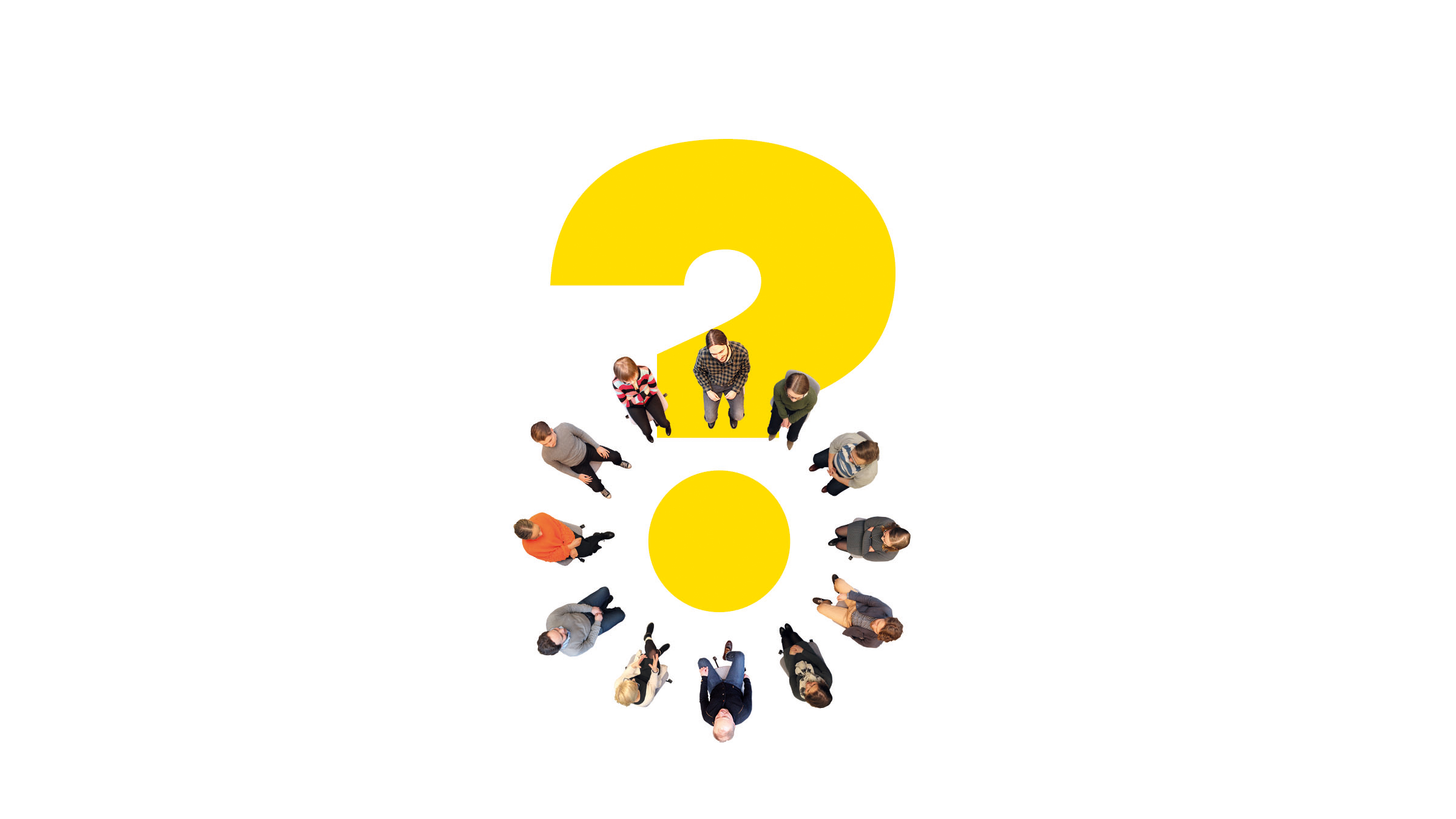
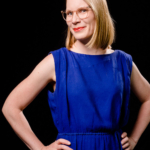
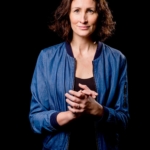
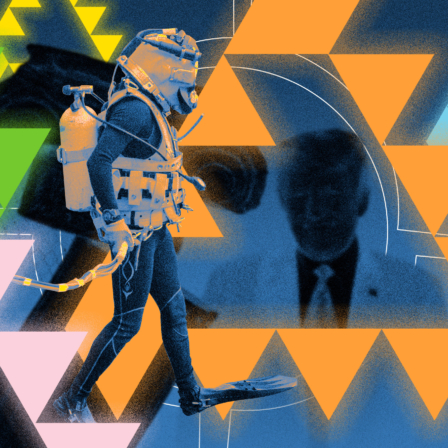
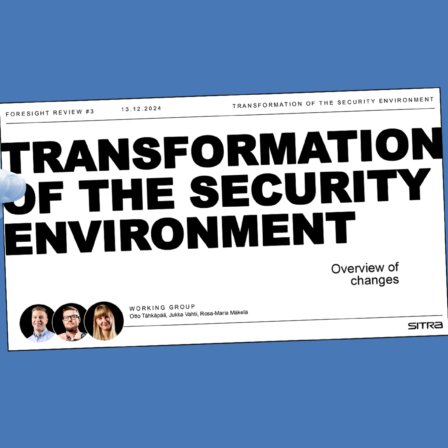
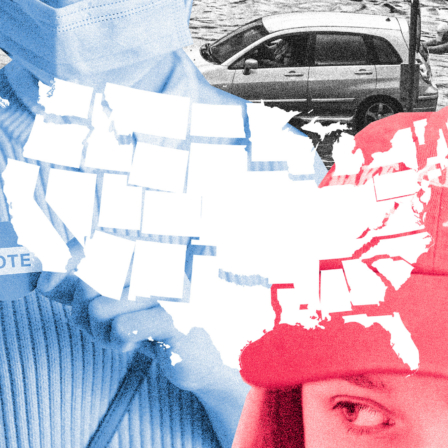
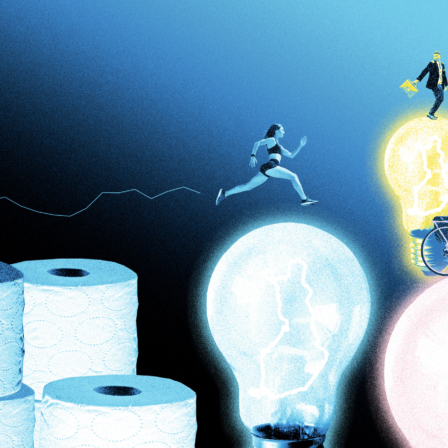

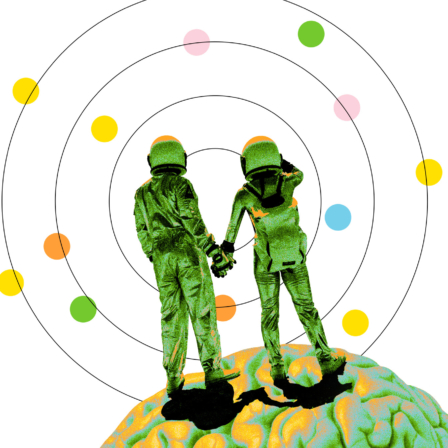






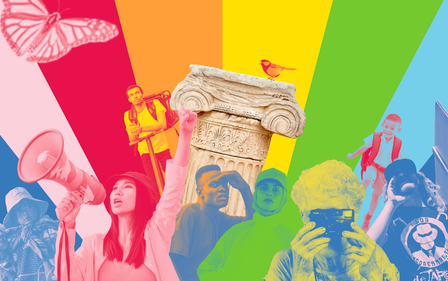
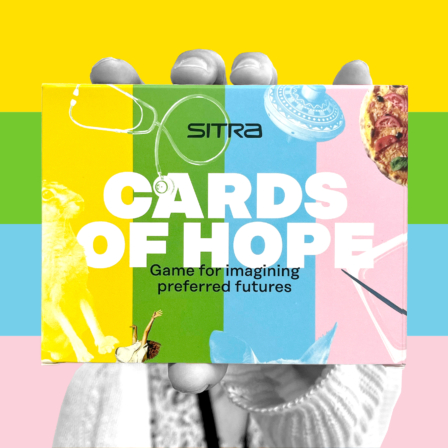
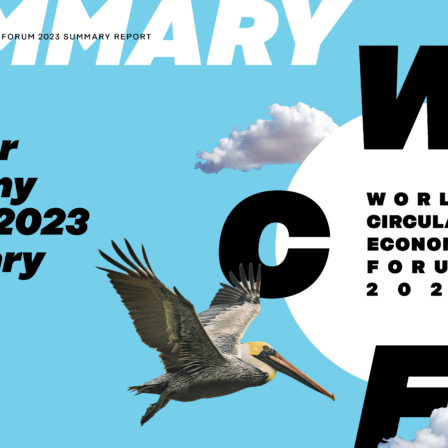
Recommended
Have some more.